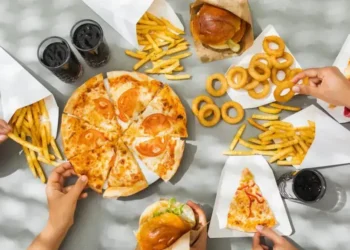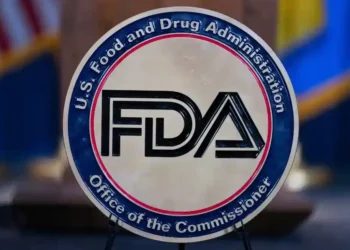To Drink or Not to Drink? 5 Tips to Reduce Alcohol’s Impact
As the holiday season and New Year’s Eve approach, celebrations often include alcohol, leaving many to navigate its role in their festivities. While drinking can seem like a staple of social gatherings, it’s essential to understand its effects on the body and explore ways to minimize its impact if you choose to drink.
The Sobering Reality of Alcohol’s Impact
Alcohol’s toll on health is significant. In 2019, the World Health Organization reported 2.6 million deaths worldwide linked to alcohol consumption. These deaths stemmed from health issues like heart disease, liver disease, and various cancers, as well as accidents and events fueled by alcohol, including falls, drownings, car crashes, and suicides.
Since the COVID-19 pandemic, stress and isolation have driven alcohol consumption even higher, creating lasting habits for many.
The growing awareness of alcohol’s risks has led to movements like “sober curious” lifestyles, the rise of non-alcoholic beverages, and participation in events like Dry January and Sober October.
Alcohol as a “Social Lubricant” – Myth or Reality?
For many, alcohol is viewed as a way to ease social interactions. Statements like “I’m more confident,” “I’m less shy,” or “I’m more fun” are common reasons people drink, explained Dr. Jason Kilmer, associate professor of psychiatry and behavioral sciences at the University of Washington, on CNN’s Chasing Life podcast.
However, research from the University of Washington’s Behavioral Alcohol Research (BAR) Lab debunks the idea that alcohol enhances social connections. While alcohol does have real physiological effects—slowing reaction time, impairing motor coordination, and clouding judgment—its perceived social benefits are largely psychological.
“Our mindset, expectations, and environment play a much bigger role in our social experiences than what’s in the cup,” Dr. Kilmer said.
5 Tips to Minimize Alcohol’s Impact
If you decide to drink, here are five strategies to reduce its effects on your body and health:
- Pace Yourself: Sip drinks slowly and alternate with water or non-alcoholic options to stay hydrated and avoid overconsumption.
- Eat Before Drinking: Consuming food, especially protein and healthy fats, can slow alcohol absorption and reduce its impact on your system.
- Know Your Limits: Be mindful of how much alcohol your body can handle and avoid trying to “keep up” with others.
- Plan Ahead: Arrange for a safe way to get home, such as a designated driver or rideshare, and avoid risky situations.
- Explore Non-Alcoholic Alternatives: Mocktails and non-alcoholic beverages can provide a festive experience without the negative effects of alcohol.
The Choice Is Yours
Ultimately, whether to drink is a personal decision influenced by factors like personal and family history, health concerns, and even your taste preferences. With the growing awareness of alcohol’s impact, more people are choosing to skip it altogether, finding new ways to celebrate and connect socially without it.
As the season of festivities begins, remember: enjoying yourself doesn’t have to come at the cost of your health or safety.
This article was rewritten by JournosNews.com based on verified reporting from trusted sources. The content has been independently reviewed, fact-checked, and edited for accuracy, neutrality, tone, and global readability in accordance with Google News and AdSense standards.
All opinions, quotes, or statements from contributors, experts, or sourced organizations do not necessarily reflect the views of JournosNews.com. JournosNews.com maintains full editorial independence from any external funders, sponsors, or organizations.
Stay informed with JournosNews.com — your trusted source for verified global reporting and in-depth analysis. Follow us on Google News, BlueSky, and X for real-time updates.














